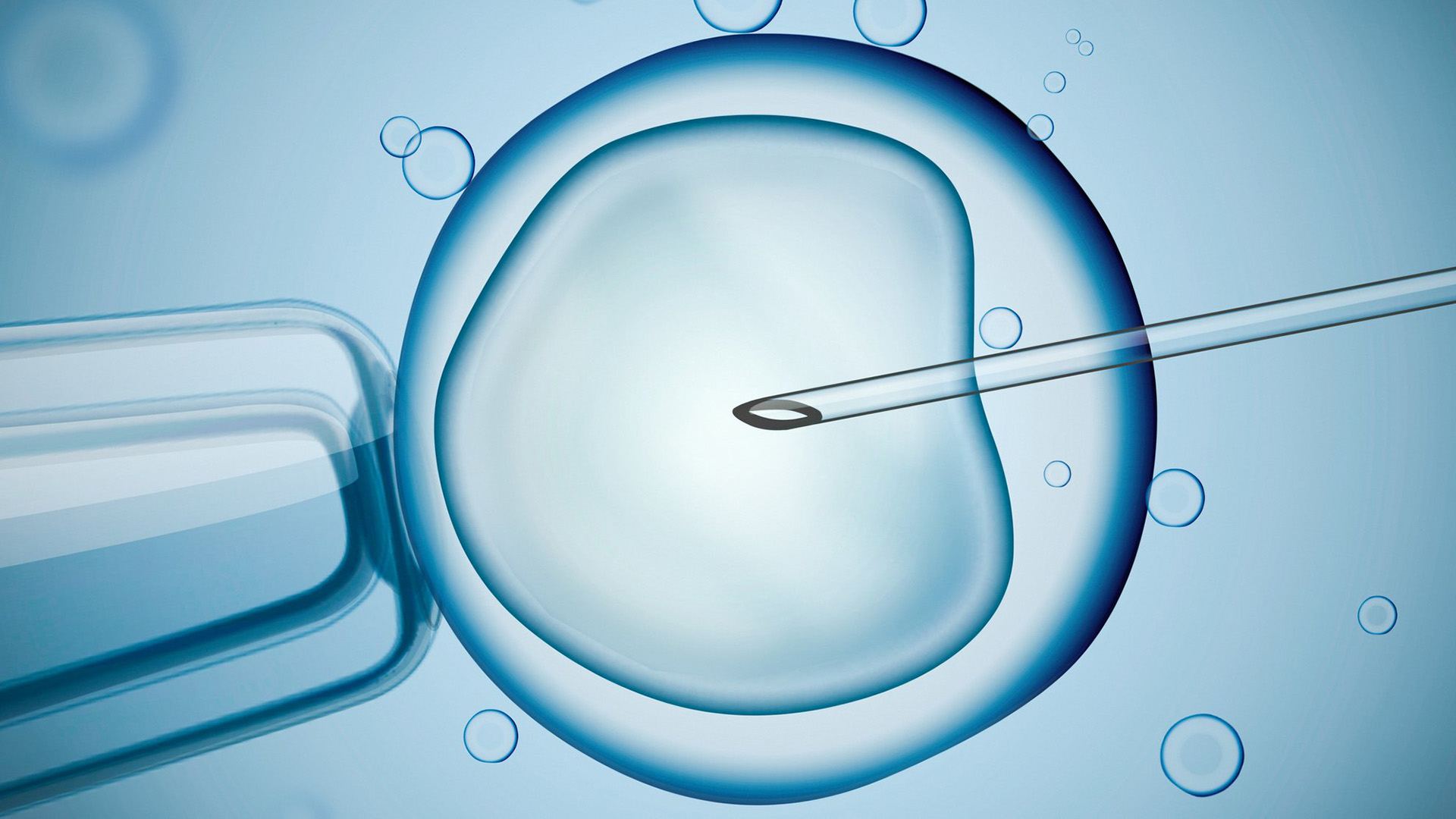Organizers of gene-editing meeting blast Chinese study but call for ‘pathway’ to human trials
By Dennis Normile,
Science [cites CGS]
| 11. 29. 2018
HONG KONG, CHINA—An international conference on human gene editing dominated by news of the birth of the world's first genetically engineered babies concluded today with a statement from the organizers that harshly condemned the controversial study. But it did not call for a global moratorium on similar studies, as some scientists had hoped; instead it called for a "translational pathway" that might eventually bring the ethically fraught technology to patients in a responsible way.
The hotly debated study, which apparently resulted in twin baby girls whose genomes were altered in a way that could affect their offspring, came to light on the eve of the second International Summit on Human Genome Editing here. The first summit, held in Washington, D.C., in December 2015, concluded with a statement that specifically said that unless and until safety, efficacy, and ethical and regulatory issues are resolved, "it would be irresponsible to proceed with any clinical use of germline editing," a reference to genetic modifications that can be passed on to the next generation.
But that is exactly what Chinese researcher He Jiankui...
Related Articles
By Diaa Hadid and Shweta Desai, NPR | 01.29.2026
MUMBRA, India — The afternoon sun shines on the woman in a commuter-town café, highlighting her almond-shaped eyes and pale skin, a look often sought after by couples who need an egg to have a baby.
"I have good eggs,"...
By George Janes, BioNews | 01.12.2026
A heart attack patient has become the first person to be treated in a clinical trial of an experimental gene therapy, which aims to strengthen blood vessels after coronary bypass surgery.
Coronary artery bypass surgery is performed to treat...
By Staff, ScienceDaily | 01.05.2026
Scientists at UNSW Sydney have developed a new form of CRISPR technology that could make gene therapy safer while also resolving a decades-long debate about how genes are switched off. The research shows that small chemical markers attached to DNA
...
Following a long-standing CGS tradition, we present a selection of our favorite Biopolitical Times posts of the past year.
In 2025, we published up to four posts every month, written by 12 authors (staff, consultants and allies), some in collaboration and one simply credited to CGS.
These titles are presented in chronological order, except for three In Memoriam notices, which follow. Many more posts that are worth your time can be found in the archive. Scroll down and “VIEW...




